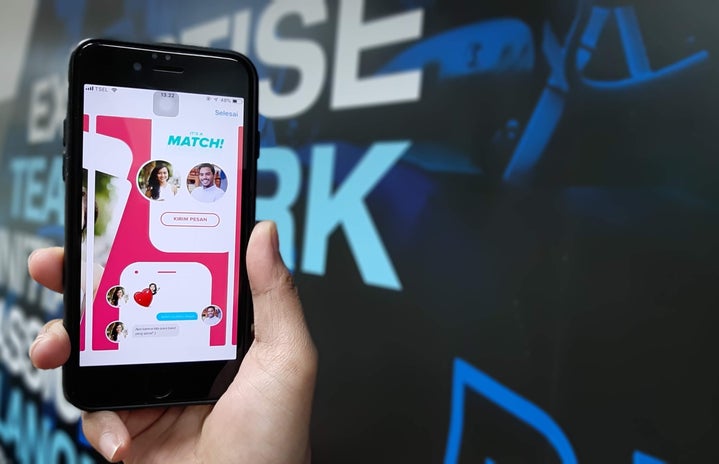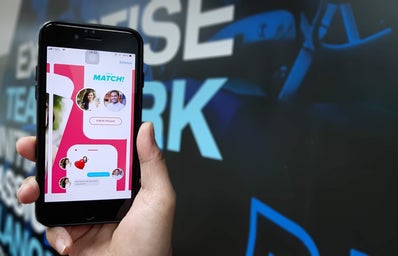Whether it is discussing the fabulous lives of Bollywood wives, Keeping up with the Kardashians, or Koffee With Karan, people have always had the taste for celebrity gossip, celebrities, and obviously, celebrities. Before the age of the internet and its widespread accessibility, we had the TV and newspapers, wherein similar interest was observed. Have we ever sat and understood, why? Why this fascination? Why this curiosity with people we don’t know one bit?
The recent ‘drama’ and controversy over the infidelity of Ned Fumer from Buzzfeed’s ‘Try Guys’, has revealed, much like many other times, people’s interest and fascination with people who are far from them, in distance, class and nationality, but similar to them in their accessibility to the internet. Why are there Reddit discussion threads discussing the exact details of how Ned Fumer cheated on his partner? Or video essays on what plastic surgeries Kim Kardashian has gotten? There have been studies on parasocial relationship theory (Ballentine, et al, 2005) and the effect they have on the internet users engaged in them(Bak, Bae, et al, 2013). However, it is important to simply study and contextualize parasocial relationships in the recent years, especially during and after the lockdown.
The Covid lockdown revealed to us the dependency people have on art, and more often than not this dependency turns into a kind that is needed for survival. We watched shows, read books, followed artists and their album releases. There are millions of videos ‘shipping’ fictional characters like Jake and Amy, Fleabag and the Priest, making Instagram edits for the actors who play them. But what does this reveal about the people who consume this content?
Often art and media are a means of escape for people. Whether it is an escape from life conditions that they cannot control such as disease, debilitating economic conditions, or childhood trauma, it enables people to attach themselves to a character, actor, and a world far away from theirs. And when these characters, actors and worlds change, cease to exist, or are negatively impacted, the people who ascribe to them are affected too, because they have attached parts of themselves to this piece of art. If all the readers introspect, they can observe themselves doing this, parasocial relationships aren’t always something that are negative, if balanced well.
The difference between parasocial relationships now and fifteen years ago, is that now more than ever, there are online communities bubbling with people, no matter how niche the interest, the people consuming the content aren’t just consuming, they’re interacting, talking, theorizing and creating a space where they can talk without anyone knowing their real identities, their economic status, their physical appearance, or anything else that might make them feel insecure about themselves. On a Harry Potter fan forum, you’re just a person with an opinion, along with others, nothing else matters, and for many, that may be a comforting fact. The increased accessibility and the sheer vastness of communities online makes it into an almost alternate reality, in which one can get lost.
This was something observed during the lockdown, with teenagers bound to home due to the pandemic and online education. As attentions diverted and shortened, many would simply scroll through Twitter and Instagram for hours while classes went on, losing track of hours. That is another tendency of being online for many hours, the numbers fade away, and days blend into weeks without having realized one has been eagerly waiting for youtube videos discussing ‘drama’ between three Beauty Influencers from Los Angeles, people who have no real influence or affect on someone from a third world country undergoing a covid crisis, food shortage, and economic ruin, but somehow are relevant, because of one thing that unites all human beings, coping and escapism. The comfort that online communities and the parasocial relationships that come with them offer, is one which the real world may not be able to. People who may otherwise feel insecure about how they look, their fluency in languages, their race, ethnicity or other things, things that may make them feel unsafe, unwelcome, they can be invisible online, there is a certain liberty provided, in choosing–choosing which parts to show, rather than being forced, parts of oneself. The pandemic allowed for many people to really understand the comfort only few may have known previously.
Comfort, above all, is why online communities and parasocial relationships exist. Comfort is what we live for, and what we come back for. It’s where we go when we are hurt, and when we’re healed.


